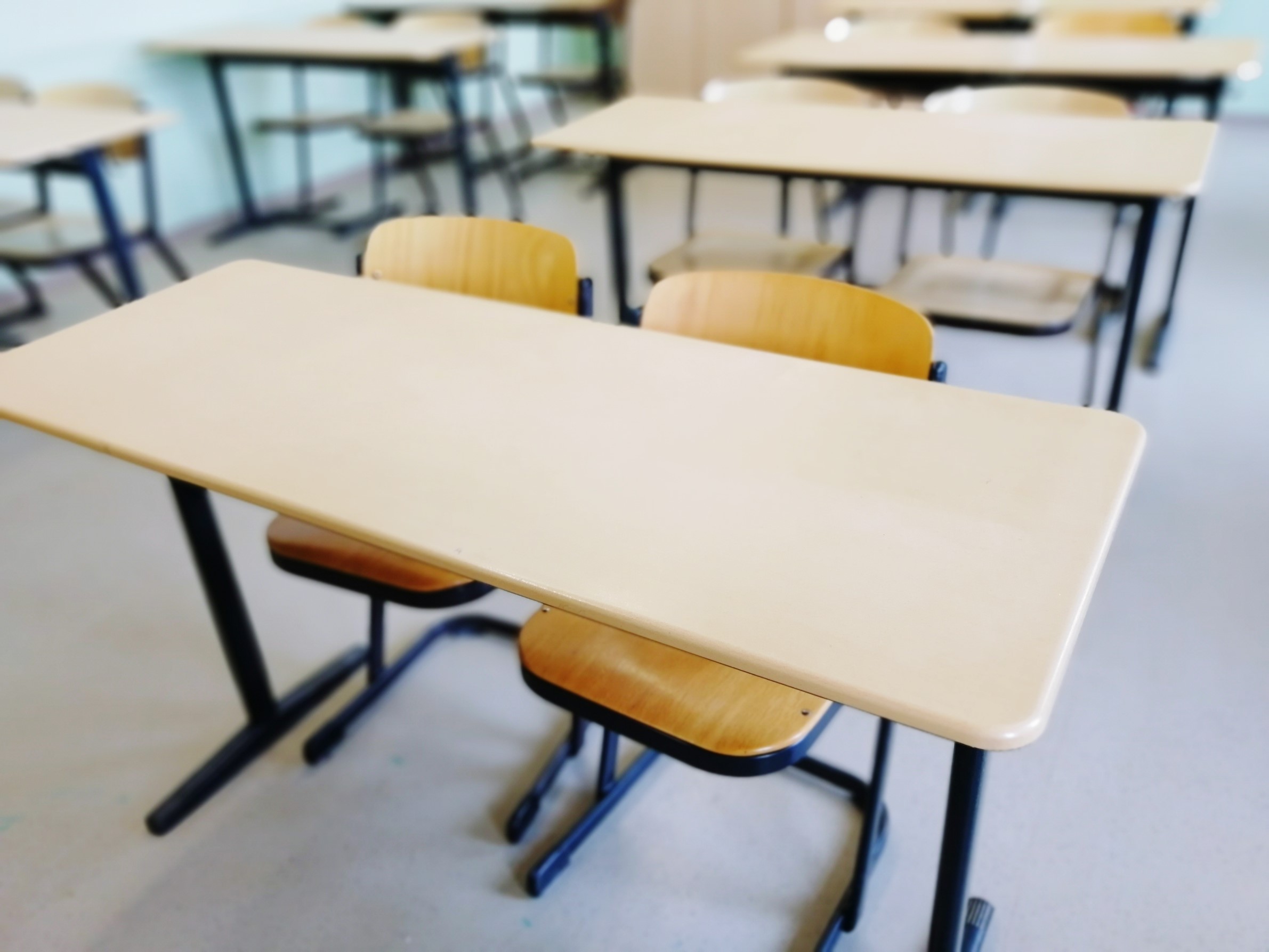Germany: Ensuring health and safety of teachers requires more efforts for the reopening of schools
08 June 2020
The COVID 19 outbreak is a public health crisis quite different than anything Europe has faced for many years. As education personnel and their trade unions grapple with the outbreak, we are supporting and informing member organisations in any way we can.
- Long COVID-19: What challenges for education trade unions across Europe?
- ETUCE study on Education Trade Unions in Europe facing COVID-19 Omicron Variant
- Well-being of academics and researchers in the Netherlands: who did COVID-19 affect the most?
- Belgium: Education is essential! Truly?
- Education and Training Monitor 2021 sheds light on well-being during COVID-19
- Gender segregation in education: setback to achieving gender equality in EU
- Latvia: the impact of the pandemic on teachers is extremely worrying
- Education trade unions building capacity for renewal beyond COVID-19
- French study: the psychosocial impact of COVID-19 on researchers
- Romania: Success in the negotiations for a vaccination agreement
- UK Study found stress and anxiety of academics above national average during COVID-19 pandemic
- New OECD data outlines the effect of the COVID-19 pandemic on the teaching profession
- Transmission of COVID-19 in education: the scenario for the next school year
- New NEU information tool to encourage critical-thinking on COVID-19 vaccines
- Hungarian teachers’ opinion on the reopening of schools

A representative study conducted end of May 2020 by the research institute forsa upon request of VBE collected the views of 1006 teachers regarding the reopening of schools. Not only do most of the teachers indicate an increased workload, the survey also shows that 35% of teachers do not feel sufficiently protected by current hygiene and protection measures. Nonetheless, education ministries are ordering to lift distance measures. VBE calls on authorities to increase efforts to ensure the health and safety of German teachers during the reopening of schools.
The study shows 61% of teachers estimate their current workload as significantly or slightly higher than before school closures. The tasks which mostly lead to a higher workload are organisational tasks such as handing out exercises (52%), the parallel responsibility for working groups at home and at school (42%), student’s communication needs at different times of the day (41%), and the familiarisation with the use of digital tools (30%). Education ministries must look very carefully at these issues to guarantee the working protection of teachers, underlines VBE Federal Chairman Udo Beckmann.
The biggest challenge during the reopening of schools, according to 82% of the respondents, is to balance learning differences and to compensate eventual learning lags. Indeed, the COVID-19 crisis has uncovered and amplified pre-existing inequalities caused for example by the digital divide. In its Statement on COVID-19, ETUCE calls for pressing issues regarding equality to be addressed in order to ensure high quality and inclusive education for all and in the long term.
The forsa study also highlights information deficits regarding the coping with the disease and its symptoms. Beckmann calls on the education ministries to put into place regulations that are simple, clear and plausible. The findings suggest that more efforts are needed to guarantee a safe return to school. In a Joint Statement, ETUCE, OBESSU and EPA call for the health, safety, and wellbeing of the school community to be put at the centre of return-to-school policies, which must be based on a collective reflection of all actors involved.